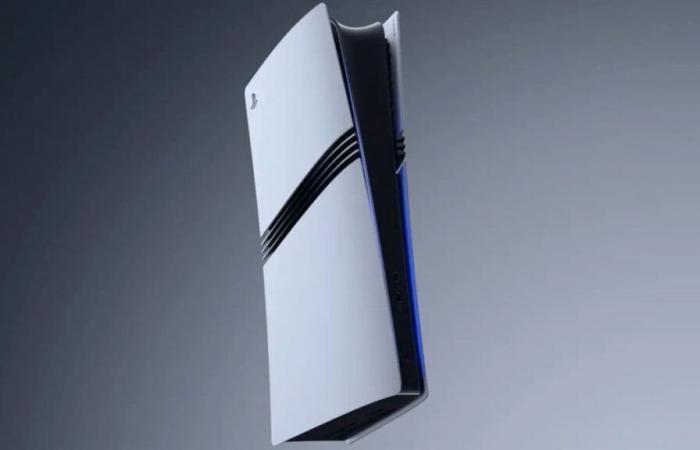Since the launch of the PS5 Pro, an unexpected trend is taking hold: scalpers, used to taking advantage of out-of-stock consoles, this time find themselves in a delicate situation. This improved version of the PlayStation 5, although promising in terms of performance, does not seem to generate the same enthusiasm as its previous version, which forces resellers to review their sales strategies and cut prices to avoid losses.
Backlash for scalpers
When the PS5 was released in 2020, scalpers managed to make considerable profits by taking advantage of shortages linked to the pandemic.. By purchasing stocks en masse and reselling them at exorbitant prices, some did not hesitate to double the initial prices, thus creating an artificial shortage and taking advantage of consumers' impatience. This vicious circle had worked, with buyers willing to pay much more than the recommended retail price.
However, this resale method is now in failure with the PS5 Pro. Indeed, scalpers expected to reproduce the same pattern, but the demand is significantly less intense. Result: consoles remain in stock, and resellers are forced to reduce prices. The console is now available at prices close to its official price of $699, and sometimes even lower, which was unimaginable with the first PS5.
Several factors explain this drop in demand for the PS5 Pro, starting with its increased availability. Unlike the PS5, the PS5 Pro seems to benefit from sufficient stocks, and the console is widely available in stores. This simple fact makes it unnecessary to pay inflated prices to acquire the device.
On top of that, the price of the PS5 Pro, higher than that of the standard version, deters some potential buyers. Sony justifies this price with improved performance, but for many, the price difference remains too significant to upgrade to the Pro version. The price of the disc player, sold separately, is also a hindrance, because it increases the overall bill.
Mixed sales and costs weighing on resellers
Scalpers are therefore faced with a major problem: despite the costs invested in purchasing several PS5 Pros, reselling at increased prices does not work. Not only are they forced to sell the console at close to the original price, but they also have to incur the costs of listing and shipping, which further reduces their margins. As a result, some resellers prefer to sell at a loss to avoid being left with unsold stock on their hands.
In some cases, even the PS5 Pro disc drive, sold separately, suffers the same fate, with prices reduced by scalpers in the face of lackluster demand. If the situation continues, resellers may have to rethink their resale strategy or turn to other products for better profits.
There is, however, an exception to this trend: in Japan, demand for the PS5 Pro seems stronger, and scalpers are managing to make profits, although less than those made with the PS5. Resale margins vary between $65 and $130, which remains lower than the margins previously achieved, but still represents a profit. This can be explained by the historical popularity of the PlayStation brand in this market and a different consumer approach to new technologies.
On a technical level, the PS5 Pro brings real improvements. We can particularly mention the AI-based scaling technology, PlayStation Super Resolution (PSSR), which is also integrated into the PS5 Pro to offer an improved experience in terms of both image quality and fluidity. .
Even with these technical arguments, the PS5 Pro struggles to attract buyers wanting to change consoles or upgrade to an improved version. Additionally, compared to some modern gaming PCs, the PS5 Pro still lags behind, and for some gamers, the performance differences with the standard PS5 don't justify the extra cost.
The PS5 Pro, although anticipated, does not reproduce the effect of scarcity and desirability that scalpers managed to exploit when the PS5 was released. Faced with sluggish demand, available stocks, and more cautious consumers, the resale of this console at inflated prices no longer works. This situation may mark the end of an era for opportunistic resellers, as Sony and sales platforms continue to find ways to combat these types of practices.
For buyers, this situation could be seen as a return to a form of normality in the console market. Consumers are less willing to pay exorbitant prices, and that could mean an end to speculation for future launches. In the meantime, scalpers will have to rethink their strategies, otherwise they will see their profits disappear in the face of demand that no longer meets their expectations.
This page contains affiliate links to certain products that JV has selected for you. Each purchase you make by clicking on one of these links will not cost you more, but the e-merchant will pay us a commission. The prices indicated in the article are those offered by the merchant sites at the time of publication of the article and these prices are likely to vary at the sole discretion of the merchant site without JV being informed.
Learn more.






